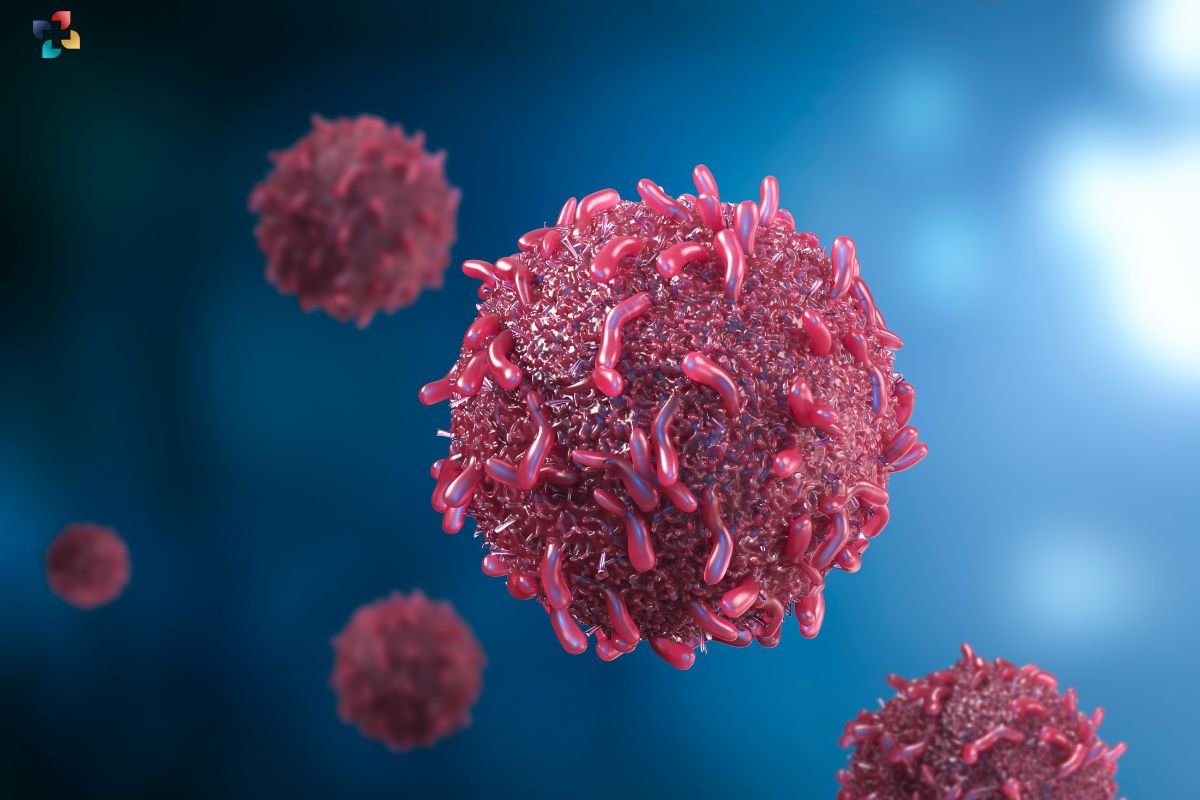Colorectal cancer is increasingly being diagnosed in young adults, prompting scientists to investigate potential dietary causes. Researchers from Ohio State University (OSU) have been examining how diets high in fat and low in fiber, often referred to as the “Western diet,” can affect the digestive system and increase the risk of early-onset colorectal cancer. Their findings, presented at the American Society of Clinical Oncology’s annual meeting in Chicago, indicate that this diet disrupts the balance of gut bacteria, leading to inflammation and accelerated cellular aging, thereby making cells more susceptible to cancer.
Biological Age Discrepancies
In their study, OSU scientists discovered a significant discrepancy between the biological and chronological ages of early-onset colorectal cancer patients. On average, these patients were biologically 15 years older than their actual ages, a stark contrast to late-onset colorectal cancer patients, whose biological and chronological ages were more aligned. Biological age reflects the condition of an individual’s cells, tissues, and organs, influenced by genetics, environmental factors, and lifestyle choices such as diet, exercise, and sleep habits. This finding underscores the impact of lifestyle factors, particularly diet, on cellular aging and cancer susceptibility.
The Role of Gut Bacteria
The OSU researchers identified Fusobacterium, a bacteria commonly found in the mouth, as a potential culprit in the development of colorectal cancer. This bacterium is believed to fuel cancer growth, and its manipulation could offer new preventative strategies. Susan Bullman, a scientist studying the connection between microbes and cancer, emphasized the potential of targeting specific microbes to prevent disease progression. As young adults continue to be diagnosed with colorectal cancer at alarming rates globally, understanding the microbial contributions to cancer development becomes increasingly critical.
Rising Incidence and Dietary Solutions
The incidence of colorectal cancer in young adults has been rising significantly. According to the American Cancer Society, 20% of new colorectal cancer cases in 2019 were in individuals younger than 55, up from 11% in 1995. This dramatic increase highlights the urgency of identifying and mitigating risk factors. Research suggests that increasing dietary fiber intake can lower the risk of several types of cancer, including esophageal, gastric, colon, and rectal cancer. Encouraging dietary changes that emphasize high fiber and low fat could be a key strategy in combating the rise of colorectal cancer among young adults.
In summary, the alarming increase in early-onset colorectal cancer may be closely linked to dietary habits, particularly those characterized by high fat and low fiber intake. Continued research into the relationship between diet, gut bacteria, and cancer development is crucial for developing effective prevention strategies and reducing the incidence of this disease among young adults.







